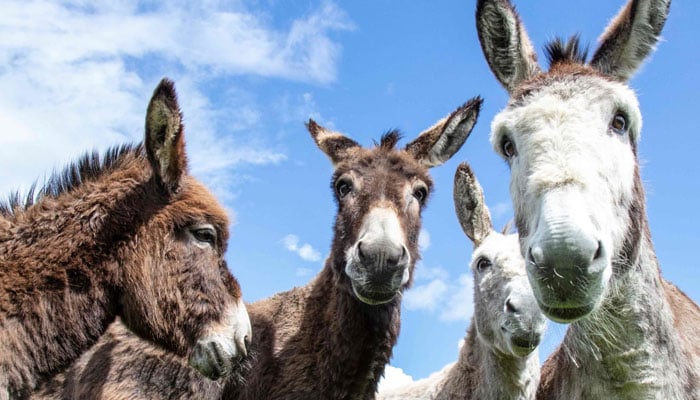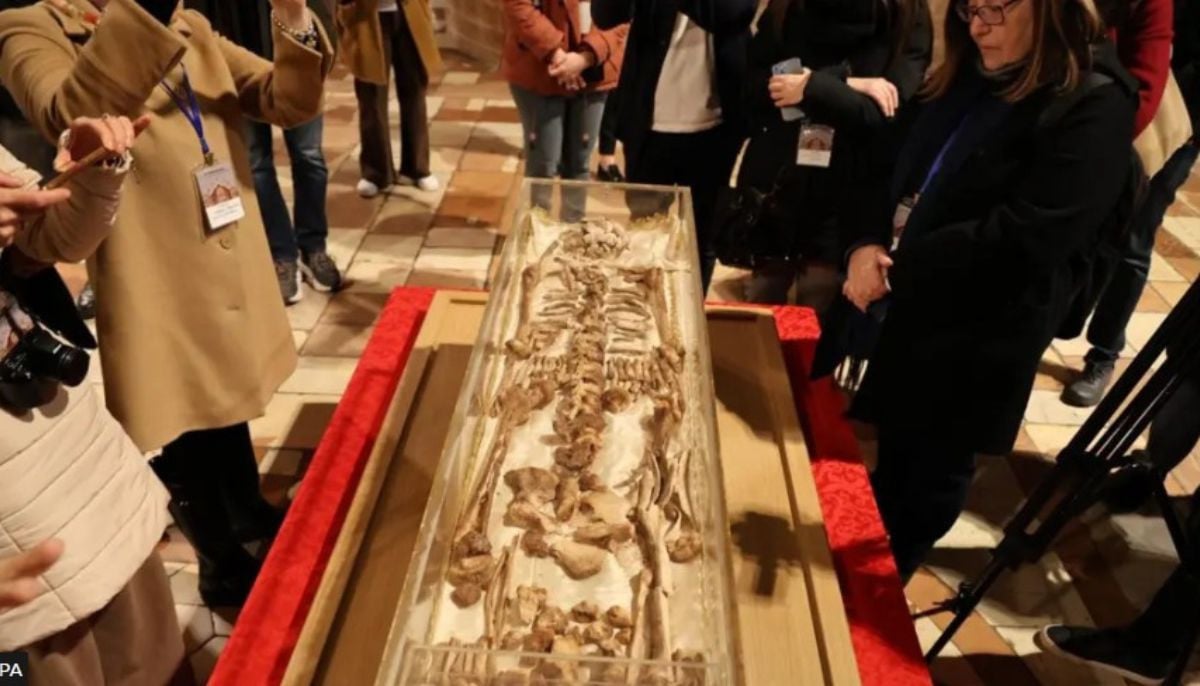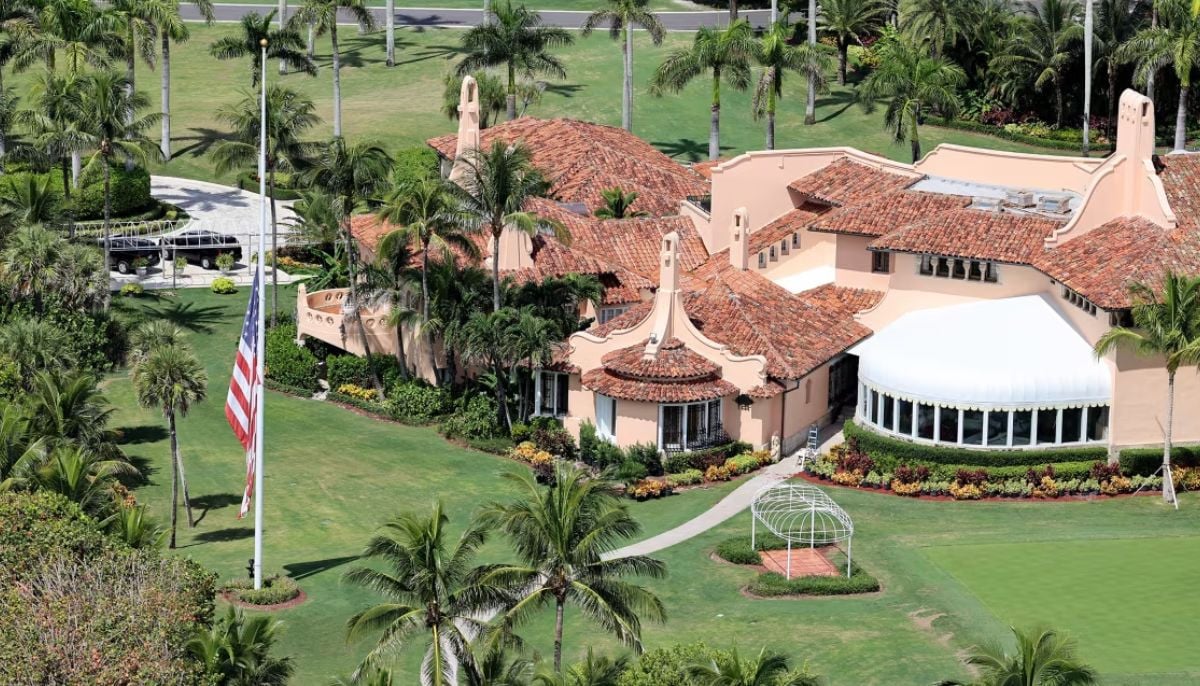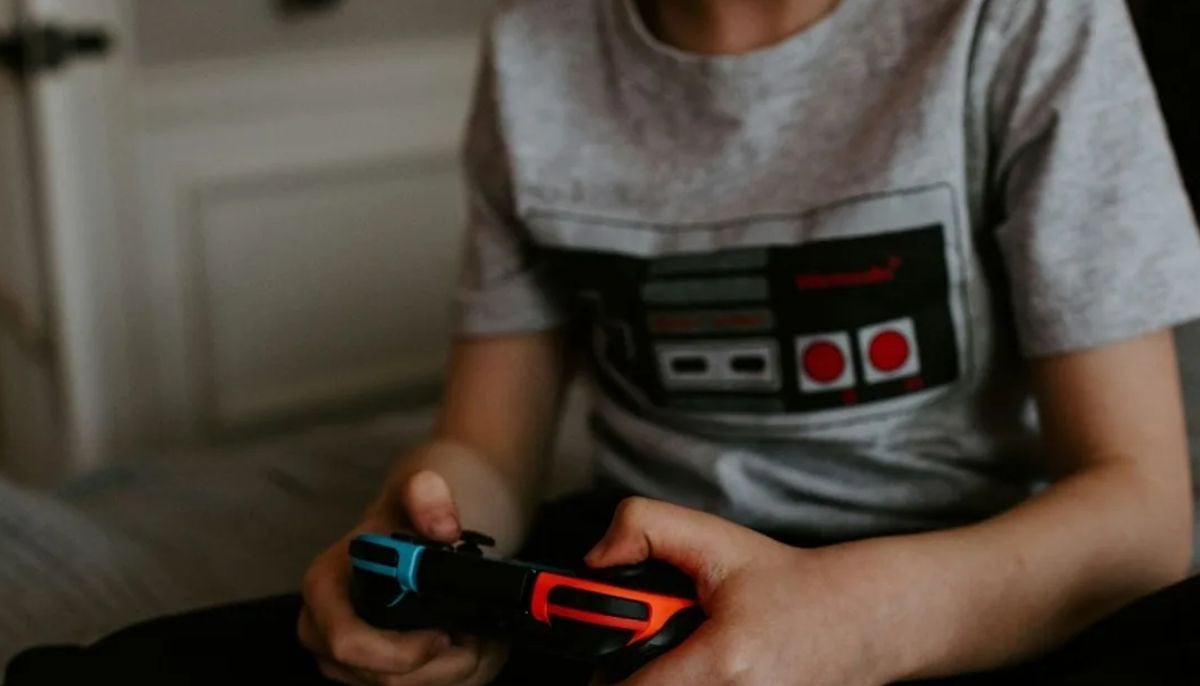Nearly 6 million donkeys are slaughtered every year for anti-ageing medicine
Donkeys from Africa, Asia, South America are victims of skin trade for high-demand medicine
Millions of donkeys are being slaughtered globally in Africa, Asia and South America to make anti-ageing medicine, which is in high demand in the Chinese market, as per animal rights groups.
Donkey theft has increased in frequency not only in Africa but also in other parts of the world where these working animals are widely distributed for the donkey skin trade.
A popular traditional Chinese medicine is created from the gelatin found in donkey skin, which is referred to as Ejiao.
It is thought to have rejuvenating and health-improving qualities. The gelatin found in donkey skins is extracted by boiling it, and it is then used to make powder, tablets, liquid, and culinary additives.
According to recent research by the Donkey Sanctuary, an organisation that has been fighting the trade since 2017, at least 5.9 million donkeys are killed annually to supply it worldwide.
Determining the precise number of donkeys murdered in the Ejiao industry is a challenging task as per BBC.
In the past, donkey skins from China were used by Ejiao makers. However, as per the Ministry of Agriculture and Rural Affairs, the country's donkey population fell from 11 million in 1990 to a mere two million in 2021. Simultaneously, Ejiao transformed from a specialised luxury item to a widely recognised and accessible product.
Consequently, Chinese businesses looked abroad for their skin supply. There are donkey slaughterhouses in several parts of Asia, South America, and Africa. This resulted in a bloody tug-of-war over trade in Africa.
In 2022, several countries outlawed the slaughter and export of donkey skins, such as Tanzania and the Ivory Coast.
-
Sterling K. Brown's wife Ryan Michelle Bathe reveals initial hesitation before taking on new role
-
Rising energy costs put UK manufacturing competitiveness at risk, industry groups warn
-
Liza Minnelli recalls rare backstage memory with mum Judy Garland in new memoir
-
Armed intruder shot dead at Trump's Mar-a-Lago residence: US Secret Service
-
Kurt Russell spills the beans on his plans for milestone birthday this year: 'Looking forward to it'
-
11-year-old allegedly kills father over confiscated Nintendo Switch
-
Police officer arrested over alleged assault hours after oath-taking
-
Maxwell seeks to block further release of Epstein files, calls law ‘unconstitutional’












